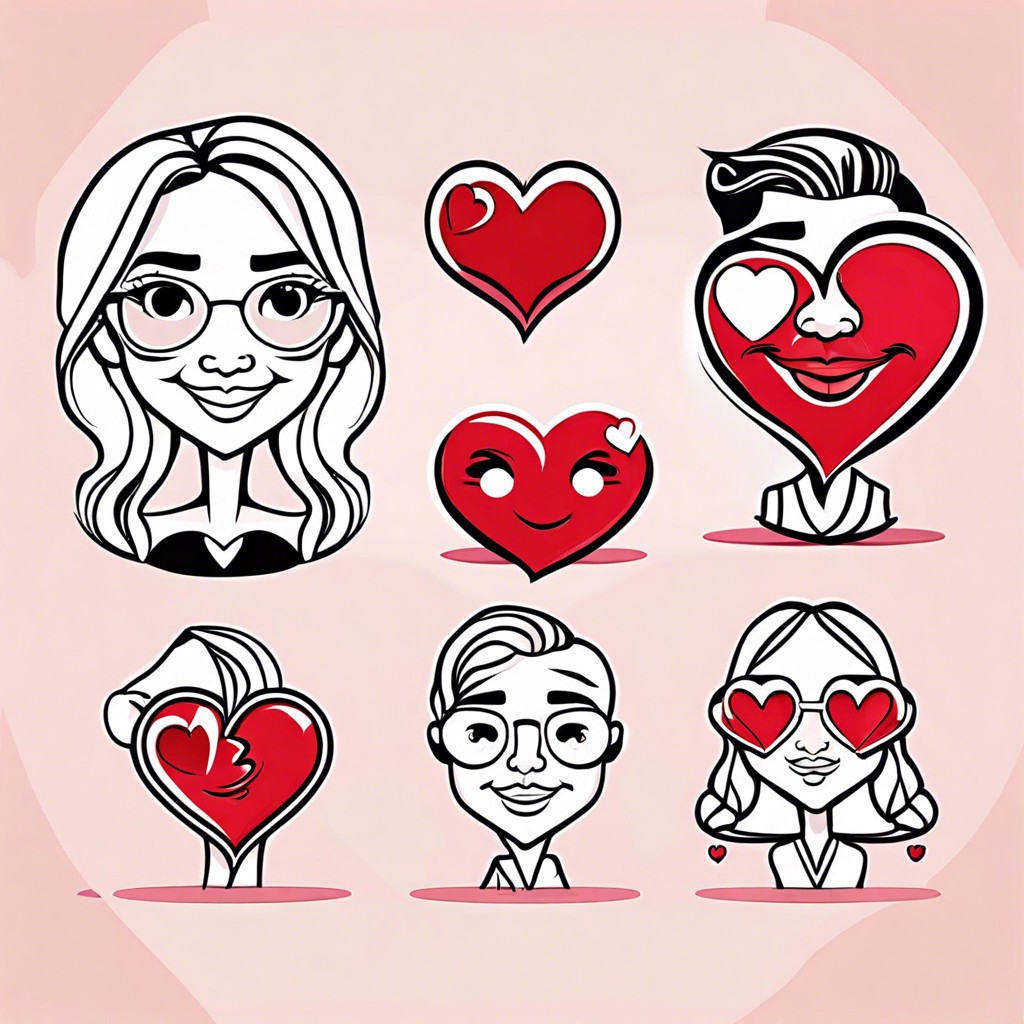In this article, you’ll discover the current situation around Breckie Hill’s leaks and the implications for digital privacy and influencer culture.
Key takeaways:
- Leaks go viral due to curiosity and the bandwagon effect.
- Leaked content can impact personal branding positively or negatively.
- Sharing leaked content can lead to legal consequences and reputation damage.
- Protect personal content online with strong passwords and cybersecurity measures.
- Swift action, transparency, and future-proofing are crucial in handling leaks.
Understanding the Phenomenon: Why Leaks Go Viral
The lure of the forbidden fruit is a tale as old as time. Leaks, especially those of high-profile individuals like Breckie Hill, spread like wildfire because they carry the allure of the prohibited. The moment something is marked ‘private,’ it piques curiosity, and the temptation to peek behind the curtain is almost irresistible.
A key driver here is the bandwagon effect. People tend to hop on board with what others are watching and sharing, fueling the viral nature of leaks. It’s a domino effect; when one person shares it, their entire network gets a glimpse, and the cycle continues.
Additionally, the speed of internet gossip is lightning fast. With just a few clicks, content can leap across continents, making its way into various social media feeds and messaging apps. Digital platforms are like jet fuel for rumors, amplifying their reach far beyond what was once possible with traditional media.
Lastly, there’s a psychological thrill involved in witnessing something you’re not supposed to see, which taps into a deeper, more voyeuristic aspect of human nature. It’s the online equivalent of overhearing a clandestine conversation – you listen not because you care about the content, but because it’s a secret.
Understanding this viral formula helps grasp why leaks, particularly in the digital age, are almost impossible to contain once they’ve splashed onto the internet’s vast canvas.
Assessing the Impact: Breckie Hill’s Personal Brand After the Leak
A leak like this can act as a double-edged sword for a personal brand. One cut can sting with scandal, prompting a loss of control over one’s narrative. Breckie Hill’s image, once carefully crafted, might now be reframed by the public based on this unconsented release. Every like, share, and comment becomes part of a new, unsolicited conversation about her.
Yet, paradoxically, there’s a flip side. Attention, even from a leak, can boost notoriety. Curiosity can skyrocket, leading to a surge in followers—a currency in the digital era. This newfound visibility can offer opportunities: think sponsorships, partnerships, and interview requests. The trick lies in flipping the script, capitalizing on the surge without being engulfed by it.
The authenticity factor is critical here. If Breckie remains authentic, she can maintain a genuine connection with her audience. Fans often rally in support during such trials, fostering a deeper bond. Crisis can breed community, transforming viewers into staunch defenders.
It’s a delicate balance, managing the fallout of a leak while eyeing potential gains. Each move must be calculated, weighing immediate reactions against long-term brand health. This isn’t just about repairing; it’s about reading the room and, at times, rewriting the story.
The Legal Perspective: Potential Consequences of Sharing Leaked Content
Sharing someone else’s personal content without consent isn’t just a breach of trust; it’s a legal minefield. Think about it—you wouldn’t want your private moments plastered all over the internet, right? So, when others’ leaks become the talk of the town, it’s crucial to remember that hitting ‘share’ could hit back harder.
First off, let’s touch on privacy laws. Spreading someone’s personal images or videos can be a direct violation, potentially leading to lawsuits. And legal action isn’t a slap on the wrist; it can result in hefty fines, or even jail time in severe cases.
Then there’s copyright. Yep, those leaked images might still be legally protected under copyright law. And even if it’s the wild web, copyright owners can come knocking for damages if their work is distributed without permission.
Finally, there’s the dark cloud of reputation risk. Engaging in such activity can tarnish not just the sharer’s image but also their future prospects. Employers and collaborators often steer clear of individuals who show disregard for others’ privacy and legality.
In a nutshell, the ripple effects of sharing leaked content can be enormous and lasting. So next time juicy gossip hits the digital streets, it’s wiser to steer clear rather than join the gossip brigade and risk getting caught in the storm.
Cybersecurity Measures: Protecting Personal Content Online
It’s a wild digital jungle out there, and your personal content is the treasure. So, how do you keep the pirates at bay? Think of strong passwords as your security guards; the more complex, the better. No ‘12345’ – that’s an open invitation! Mix it up with letters, numbers, and special characters.
Tired of remembering a gazillion passwords? A password manager can be your trusty sidekick, keeping them safe and sound. And for an extra layer of armor, enable two-factor authentication. This double-checks your identity with a text or email code before granting access.
Now, did you know clicking on random links can be like picking up a hitchhiker that’s actually a ghost? One minute you’re scrolling, the next you’ve unleashed a digital poltergeist. To avoid that nightmare, scrutinize those links like a hawk. If it smells phishy, it probably is.
Keeping your online environment updated is like giving your digital home a health check. Don’t snooze on those software updates; they’re like vitamins for your devices, strengthening their immune system against the latest viruses.
Remember, oversharing is the enemy. The internet never forgets. Before hitting share, take a beat. Think, “Do I want this etched in cyberspace forever?” If in doubt, leave it out. Privacy settings can also be your secret garden hedge, creating a space only your chosen few can peek into.
Lastly, the cloud. It’s not just a fluffy cumulus floating in the sky—it’s where your data lives. Secure it with encryption, making sure your sensitive info isn’t just blowing in the wind for any cyber crook to grab.
By adopting these habits, you saddle up your digital security and show those cyber threats who’s boss.
Crisis Management: Strategies for Handling Personal Leaks Publicly
When a personal leak hits the web, swift action is essential. The first step is to clamp down on the distribution. Touch base with legal counsel to discuss issuing a cease-and-desist to halt wider dissemination of the content. Simultaneously, report the content to social media platforms and search engines; they often have rapid response protocols for such scenarios.
Next, craft a response. Public image is on the line, so the reply needs to be sincere but measured. Acknowledge the issue without fanning the flames. Avoid the temptation to overshare or lash out, as this can exacerbate the situation.
Thirdly, embrace transparency with your audience. A carefully worded statement can help demonstrate control of the narrative and provide reassurance to those concerned. Don’t engage with trolls or negative commentary, as this can distract from the focal message.
Lastly, future-proof your privacy. Use this incident as an inflection point to tighten security across personal accounts and devices. It’s a lesson hard-learned but it reinforces the importance of vigilance in the digital age.
Remember, recovery and resilience are key. In facing adversity, there’s an opportunity to solidify trust with your audience by the manner in which you navigate these choppy waters.




